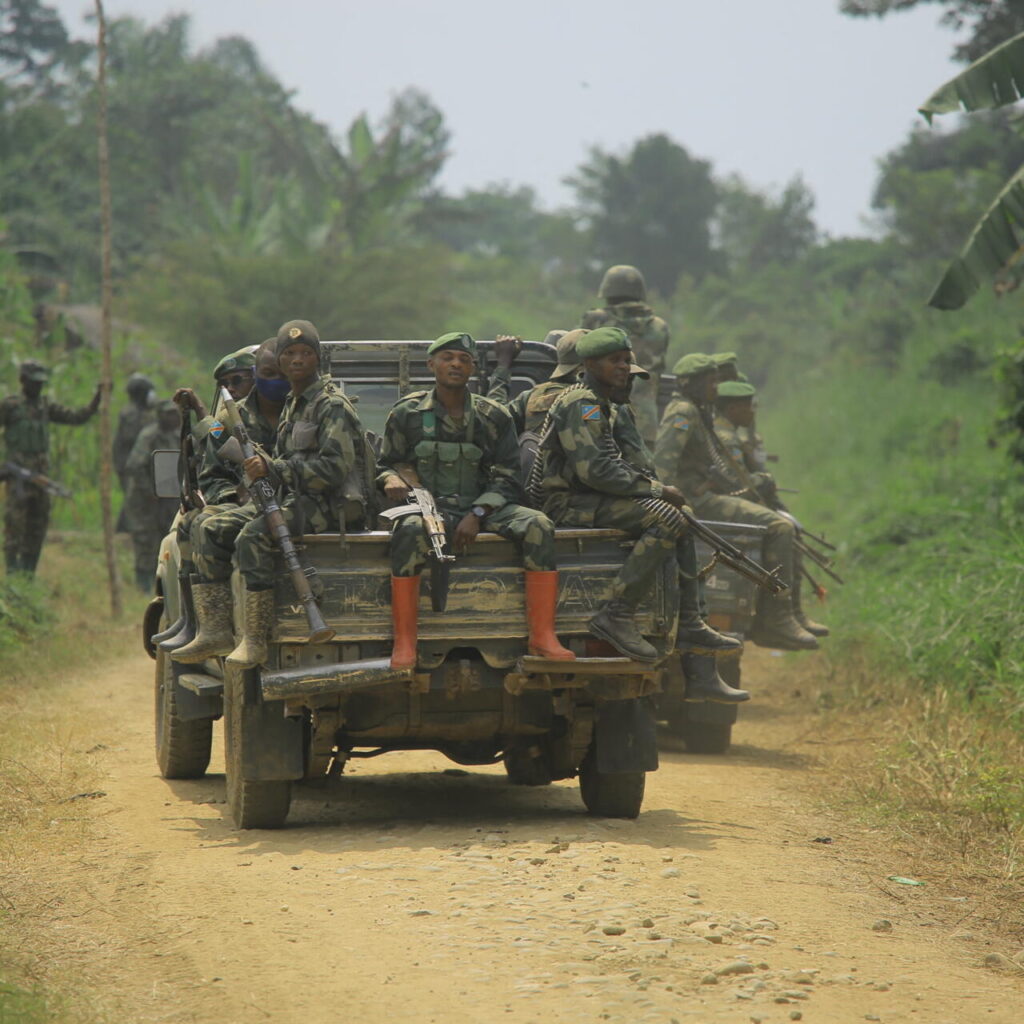At least nine people were killed in an overnight militia attack in eastern Democratic Republic of the Congo (DRC), local sources confirmed on Sunday. The assault, attributed to the Allied Democratic Forces (ADF), struck the town of Oicha in North Kivu province, leaving behind scenes of devastation and grief.
According to civil society leader Isaac Kavalami, the attackers killed eight civilians and a police officer during the incursion. “The ADF enemy killed eight civilians and a police officer,” he said, adding that shops were looted and homes set ablaze. Residents who survived the assault described a night of terror, with militants wielding knives and guns as they stormed through the community.
An AFP correspondent who visited Oicha General Hospital reported seeing nine bodies in the morgue, some bearing stab wounds. The brutality of the attack underscores the ADF’s continued threat in the region, despite ongoing joint operations by the Congolese and Ugandan armies.
Lieutenant Marc Elongo, a spokesman for the Congolese army in the area, confirmed that ADF fighters were responsible, describing the attack as retaliation for intensified military operations targeting the group. “This was revenge by ADF terrorists against civilians because of the pressure from ongoing operations,” he noted in a statement.
Kavalami also expressed frustration with the government’s handling of security warnings. He said civil society groups had alerted authorities about the risk of imminent attacks but no preventive measures were taken. “We raised the alarm, but nothing was done,” he lamented.
The ADF, a militia rooted in Uganda but active in northeastern DRC since the mid-1990s, pledged allegiance to the so-called Islamic State in 2019. Since then, it has intensified its attacks, killing thousands of civilians in the region and spreading fear across local communities.
Despite combined efforts by both Ugandan and Congolese forces, the group remains resilient, adapting its tactics and targeting vulnerable populations. The Oicha massacre is the latest reminder of the urgent need for stronger civilian protection and more coordinated security measures in eastern Congo, where communities continue to bear the brunt of militant violence.

